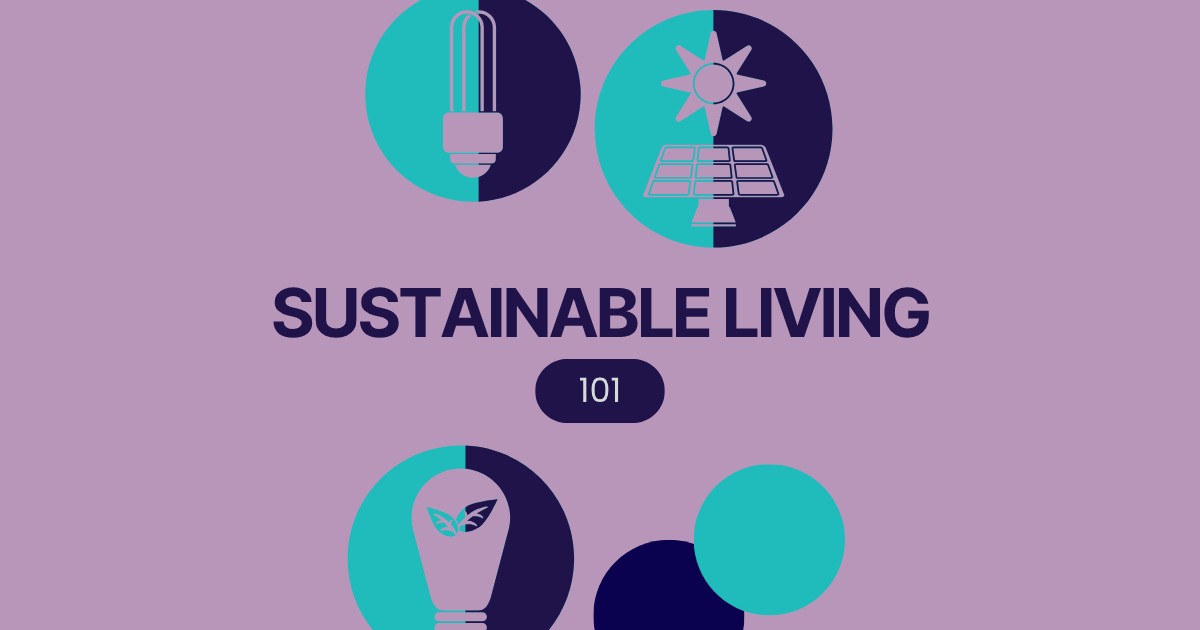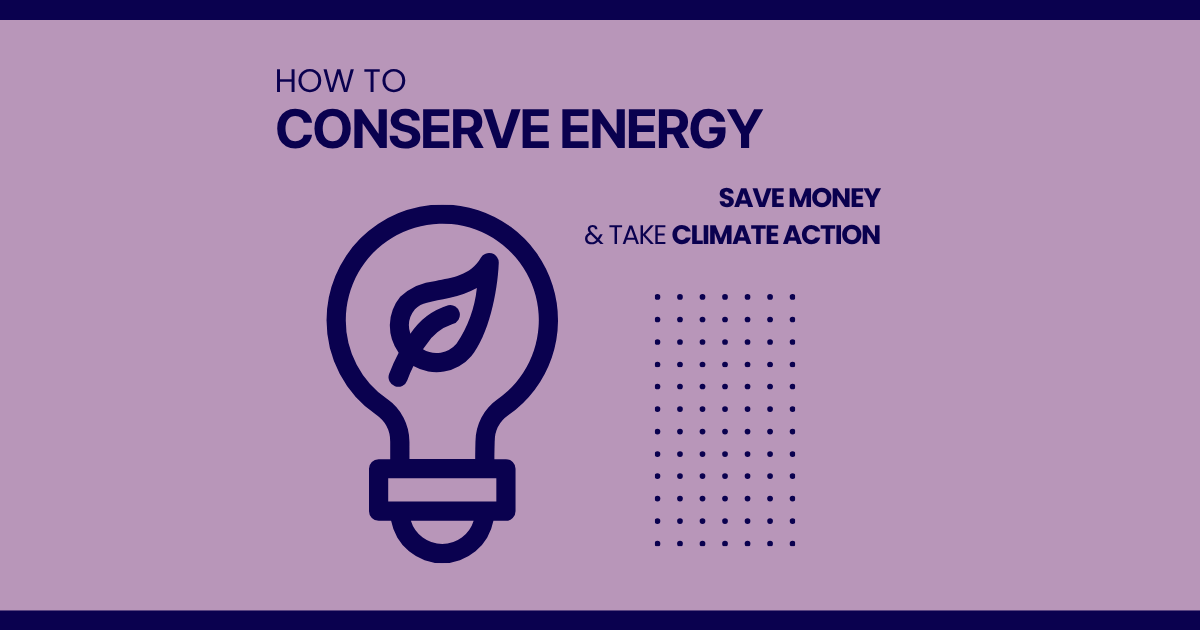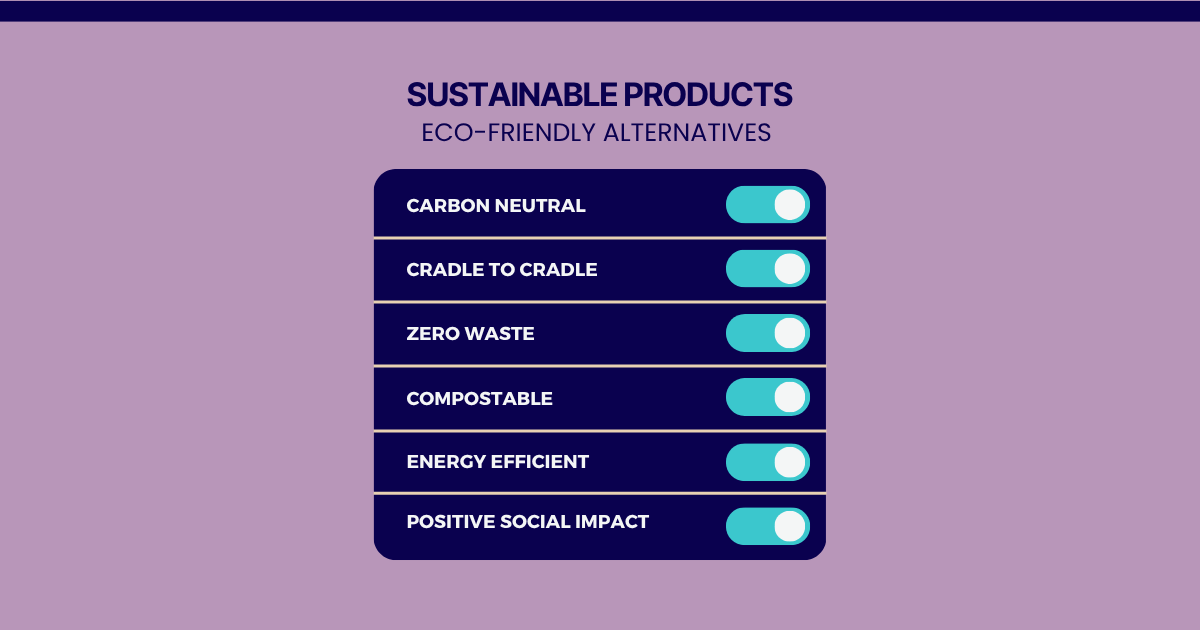Green or Greenwashed? A Beginner's Guide to Spotting Tactics
Every day, you're bombarded with claims about eco-friendly products and sustainable companies, but how many of these green promises are actually genuine?

Greenwashing is when companies make false, misleading or vague claims about being environmentally friendly to boost their green image. It's basically environmental spin designed to make you think they're doing good for the planet when they're not.
Why does it exist? Simple: it works. Consumers increasingly want to buy from sustainable brands, so companies slap green labels on everything to cash in on this trend.
The term has been around since the 1960s, but it has exploded online over the past 15 years. Now you'll find greenwashed claims everywhere: on packaging, in ads, across social media and even in government statements.
How to Spot Greenwashing
Here are the main tactics to watch for:
- Selective disclosure: Highlighting the positives while hiding the negatives. They'll tell you about their solar panels but not their coal investments.
- Lack of proof: Making bold claims with zero evidence to back them up.
- Vague language: Using broad, meaningless terms like "natural" or "eco-friendly" without specific details.
- Irrelevant claims: Stating obvious things that sound impressive but aren't. Like claiming candles are "lead-free" when lead wicks have been banned since the 1970s.
- Fake certifications: Creating their own eco-labels that look official but mean nothing.
- Outright lies: Sometimes they just make stuff up.
Real-World Examples of Greenwashing
Banks
Your bank might advertise its net-zero targets and sustainability policies, but it's also financing coal, oil and gas companies that are major climate change contributors. They're happy to advertise when they sponsor the arts, but stay quiet about funding fossil fuels.
Aviation
Heathrow Airport pledged to be "zero-carbon" and calls itself a sustainability leader. But here's the thing: it's the planes taking off and landing that create most of the emissions, not the airport buildings themselves.
Car Industry
Volkswagen got caught in court deliberately lying about their cars' environmental performance. Even electric vehicles get greenwashed when manufacturers ignore the environmental impact of tyre microplastics and production emissions.
Regenerative Agriculture
Regenerative agriculture may sound impressive, but the science behind its climate claims is questionable. Companies promote it for storing carbon in soil, yet soil can only hold so much carbon before reaching saturation, and the benefits can easily reverse. Claims about offsetting agricultural emissions ignore that fertiliser use and other farming practices often outweigh any carbon storage benefits.
Food Waste
Supermarkets promote "ugly fruit" campaigns while using their corporate power to create the waste problem in the first place. They enforce strict cosmetic standards on suppliers, rejecting produce that doesn't meet perfect appearance requirements. This creates massive upstream waste at the farm level that never reaches stores, and then they promote selling small amounts of imperfect produce as environmental leadership.
Fashion Industry
There are many examples of fashion greenwashing:
- Launching a tiny "sustainable collection" while most of their clothes remain unsustainable
- Promoting in-store clothing recycling without explaining how or where items actually get recycled
- Using vague sustainability claims without specific details
- Adding plastic and petroleum-based additives to supposedly eco-friendly materials
- Hiding supply chain emissions
Hotels
Don't be fooled by hotels that remove mini shampoos and ask you to reuse towels. These are bare minimum gestures that don't make them sustainable. Real eco-friendly hotels prioritise energy efficiency, renewable energy sources, and fair wages.
Free Range Eggs
Industry lobbying enabled supermarkets to set 'free range' standards that serve profits over animal welfare. After working with egg producers, they established standards allowing 10,000 hens per hectare, nearly seven times higher than the RSPCA's recommended 1,500 hens per hectare. This corporate influence diluted the meaning of 'free range' while maintaining the ethical image consumers want.
Biodegradable Plastic
Products labelled biodegradable often only break down under perfect laboratory conditions, not in real-world environments. Many biodegradable claims are just greenwashing.
When We Greenwash Ourselves
Sometimes we fool ourselves too. Buying organic or fair trade products feels good, but it doesn't automatically make us sustainable.
Take fair trade coffee: yes, it might help farmers, but that coffee still gets transported by diesel trucks, shipped or flown internationally, roasted in facilities that probably don't use renewable energy, then transported again to reach your cup. Fair trade is better than regular coffee, but let's not pretend it's environmentally neutral.
The same goes for carbon offsets. Companies love planting trees to 'offset' their emissions, but there's growing evidence that many offset programs don't actually provide the climate benefits they promise.
The Bottom Line
Greenwashing is everywhere, and it's designed to make you feel good about purchases that might not be as green as advertised. The key is developing healthy scepticism when you see environmental claims.
Don't let this discourage you from making better choices, but do your research. Look for specific details and transparency regarding the full environmental impact, and always keep political influence in mind.







Comments